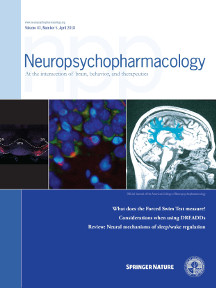
- VOL 18. ISSUE 8
April 18, 2018
SEARCH NEWS & VIEWS

Healthy red blood cells owe their shape to muscle-like structures
Non-psychoactive cannabis ingredient could help addicts stay clean
Cancer researchers receive more than $2 million to eradicate common form of leukemia
Scripps Research discovery paves way for better flu prevention, treatment
NEWS & VIEWS HOME
PAST ISSUES
KUDOS
SCIENTIFIC CALENDAR
CA AUDITORIUM EVENTS
CONTACT

- Genetic Engineering & Biotechnology News
Antibody Subtype Attacks Flu Viruses from Two Sides - The San Diego Union-Tribune
Scripps Research ranked in top 10 for chemistry and biology



FOLLOW US



Non-psychoactive cannabis ingredient could help addicts stay clean
Preclinical study using rats shows that Cannabidiol can reduce the risk of relapse
By Adriana Lopez Upegui, Springer Nature
A preclinical study in rats has shown that there might be value in using a non-psychoactive and non-addictive ingredient of the Cannabis sativa plant to reduce the risk of relapse among recovering drug and alcohol addicts. The study’s findings inform the ongoing debate about the possible medical benefits of non-psychoactive cannabinoids, and the way that these may be used as therapeutics. So says Friedbert Weiss, leader of an investigative team at The Scripps Research Institute in La Jolla, California, in Neuropsychopharmacology published by Springer Nature.
Staying drug-free is a constant battle for abstinent addicts. This struggle is made more difficult when former-addicts find themselves in drug-related settings, experience stress or higher levels of anxiousness. Many struggle to control their impulses when offered an addictive drug like alcohol or cocaine.
Weiss and his research associate Gustavo Gonzalez-Cuevas set out to test the effect of Cannabidiol (CBD) on drug relapse in a rat model…Read more
Read the Neuropsychopharmacology study
Send comments to: press[at]scripps.edu






